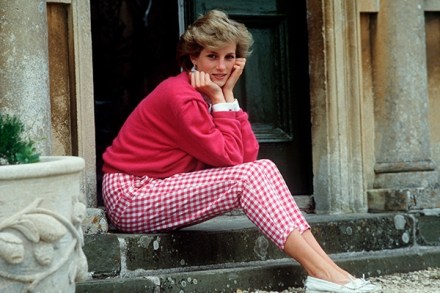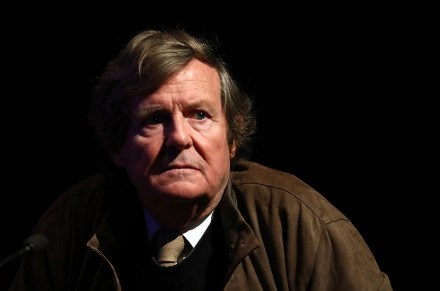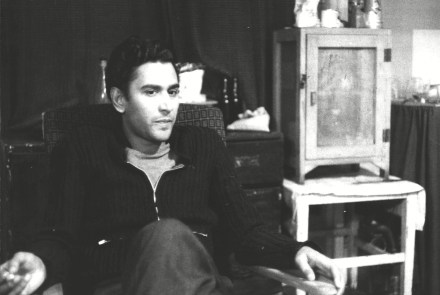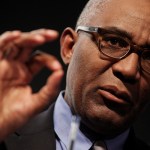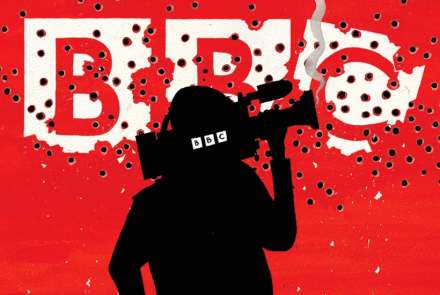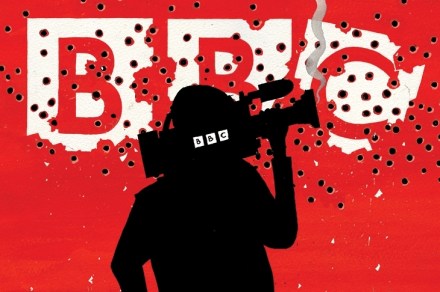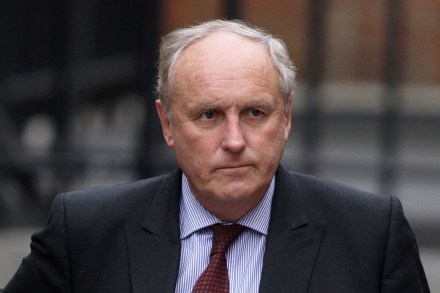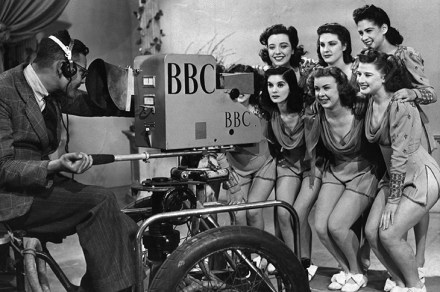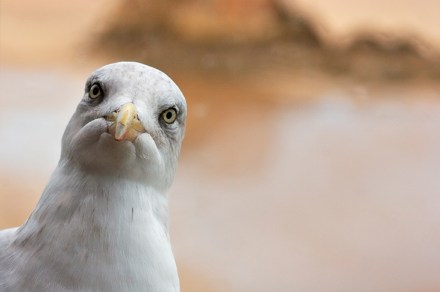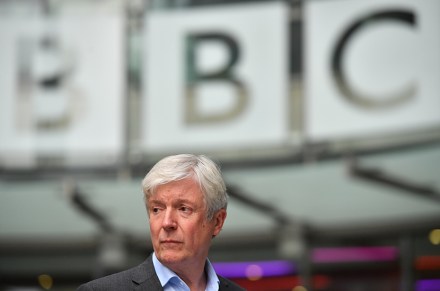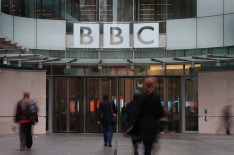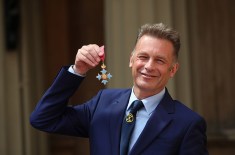The BBC chairman stitch-up
The best way to understand contemporary Britain is to stop thinking of it as a liberal democracy. If we lived in Russia, Hungary or Venezuela we would have few problems in understanding the manoeuvrings around the BBC. The governing clique wants the state broadcaster to be run by a fellow traveller, who has paid his dues by giving it money, and shown a willingness to conform by subscribing to its ideology. What else do you expect? In the case of Britain, the Johnson government is briefing it wants to appoint one Richard Sharp as chair of the BBC. Never heard of him? Then, dear reader you clearly don’t move in



